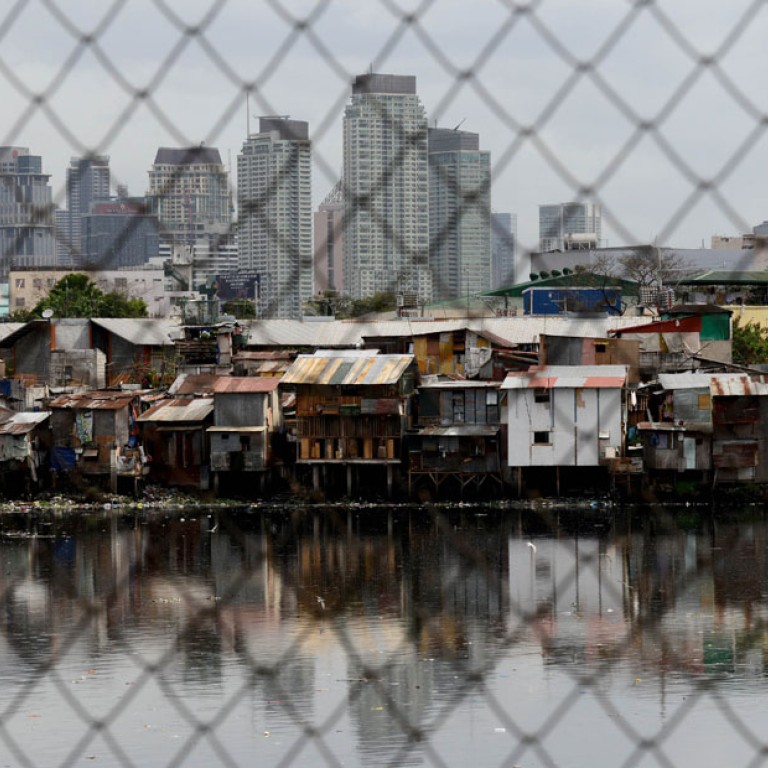
Asia's poor should be helped to save for a better home
Patrick McAllister says they need access to financial products for housing improvements
Housing remains one of the most pressing issues in Asia. According to UN figures, half of the world's inadequate housing is located in the region. Despite much emphasis on the need for a variety of financial services for low-income people, financing for home improvements remains scarce.
Perhaps that is about to change. Housing microfinance loans are beginning to gain traction in several countries in the region, and microsavings accounts, essential for housing, are showing promise.
Improving or building a home is expensive and buying a home outright is not an option for most. Low-income families tend to save for home improvements on their own and build in stages over years. Most save at home in cash or in kind, exposed to risks of fire, theft, degradation and loss of value.
Demand is high for formal savings accounts, but they remain absent or inaccessible for too many of the world's poor. In part, this is a result of regulatory restrictions on depository institutions.
Things changed in the Philippines recently, as the central bank raised the limit imposed on microfinance deposit accounts, enabling low-income Filipinos to save enough to make meaningful investments. Smart regulation that allows institutions serving low-income customers to offer appropriate savings services should be considered by more countries in the region.
New technologies, like mobile banking, are also helping to reduce the cost of mobilising deposits from small savers and providing new ways for people to save. Low transaction costs make saving cost-effective for low-income families.
Savings schemes such as conditional cash transfers and commitment savings are also helping to overcome barriers. Incentives in commitment savings schemes might include a higher interest rate, a lottery or a bonus. Disincentives to withdrawing money early help people overcome societal or family pressures to use savings for non-housing-related expenses. Providing basic technical advice or training can help people prioritise improvements.
Regulators, investors, financial service providers and civil society organisations understand the important role financial services play in the lives of the poor. Barriers that prevent or discourage financial services being used for housing improvements need to be removed, and encouragement given to offer savings and loan products that specifically target poverty housing.
A decent home opens the door to better health and performance in school, greater economic opportunities and increased community cohesion. Isn't that what financial inclusion is all about?
